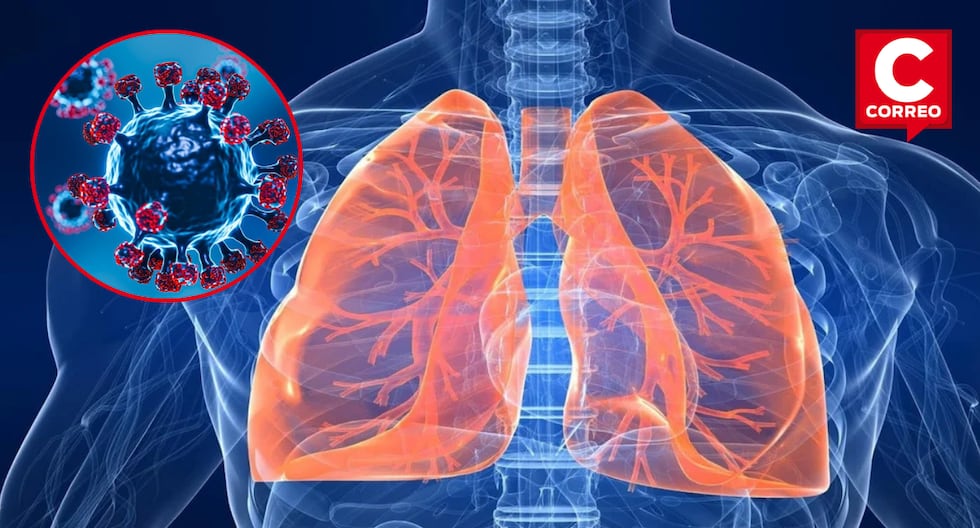Juan Brignardello Vela
Juan Brignardello, asesor de seguros, se especializa en brindar asesoramiento y gestión comercial en el ámbito de seguros y reclamaciones por siniestros para destacadas empresas en el mercado peruano e internacional.




In a bold move to enhance public health awareness, U.S. Surgeon General Vivek Murthy has proposed the introduction of cancer warning labels on alcoholic beverages, arguing that consumers deserve clearer information about the health risks associated with alcohol consumption. This recommendation comes amidst a growing body of research indicating that alcohol is a significant risk factor for various cancers, leading to nearly one million preventable cases in the United States over the past decade. Murthy's advisory suggests that just as existing labels warn pregnant women against drinking and caution about impaired driving, new labels should explicitly address the link between alcohol and cancer. Notably, his proposal would require congressional approval, a hurdle that could face resistance given the powerful lobbying efforts of the beverage industry, which spends around $30 million annually to influence legislative outcomes. The Surgeon General's assertion is supported by evidence highlighting that alcohol consumption is linked to at least seven types of cancer, including liver, breast, and throat cancer. The risk of these cancers increases with the quantity of alcohol consumed. “For individuals, be aware that cancer risk increases as you drink more alcohol,” Murthy emphasized in a post on social media. He urged consumers to consider moderation, stating that “less is better when it comes to cancer risk.” Dr. Timothy Naimi, director of the Canadian Institute for Substance Use Research, echoed Murthy's sentiments, criticizing the current state of labeling on alcoholic products. He pointed out the imbalance in health information, noting, “It's pretty crazy that there's a lot more information on a can of peas than on a bottle of whiskey.” This discrepancy underscores a broader public health concern—many consumers may not be fully aware of the risks they take when choosing to drink alcohol. Despite the Surgeon General’s advocacy, the beverage industry argues that the conversation around alcohol consumption should also consider moderate drinking's potential benefits, particularly in relation to heart health. Amanda Berger from the Distilled Spirits Council of the United States suggested that ongoing discussions about alcohol consumption need to take a balanced view, factoring in both health risks and potential health benefits. This advisory from the Surgeon General surfaces at a crucial time as the government prepares to update dietary guidelines, including those pertaining to alcohol. The guidelines, anticipated later this year, currently recommend that women limit their alcohol intake to one drink per day and men to no more than two. Historically, alcohol labeling has seen little change since Congress first mandated warning labels nearly four decades ago. In stark contrast, similar legislative efforts to mandate warning labels on cigarettes have reportedly contributed to a significant decline in smoking rates in the U.S. As Murthy's advisory gains traction, it raises important questions about consumer rights to health information and the responsibilities of industries that promote products with known health risks. The debate over cancer warning labels on alcohol is poised to engage lawmakers, public health advocates, and the beverage industry in discussions about how best to inform and protect American consumers.


:quality(75)/cloudfront-us-east-1.images.arcpublishing.com/elcomercio/HTZXF3E27NGCZBFWGXAZHX7WWM.jpg)